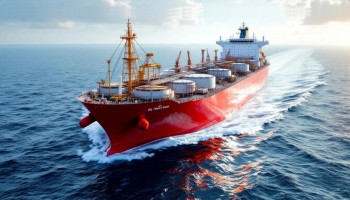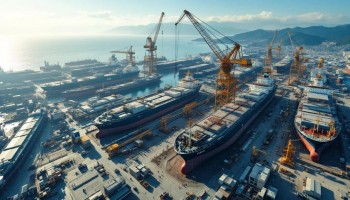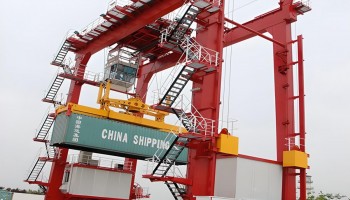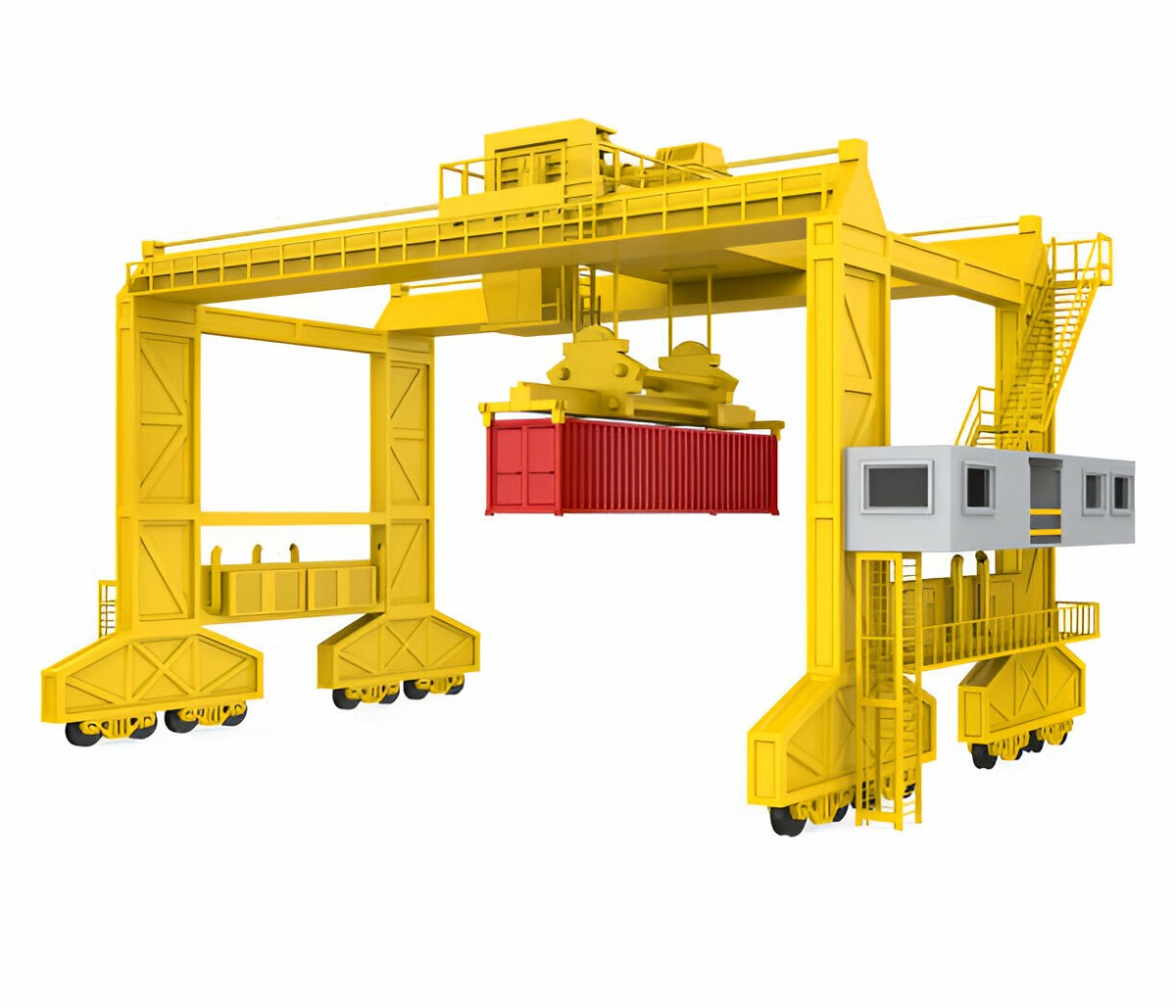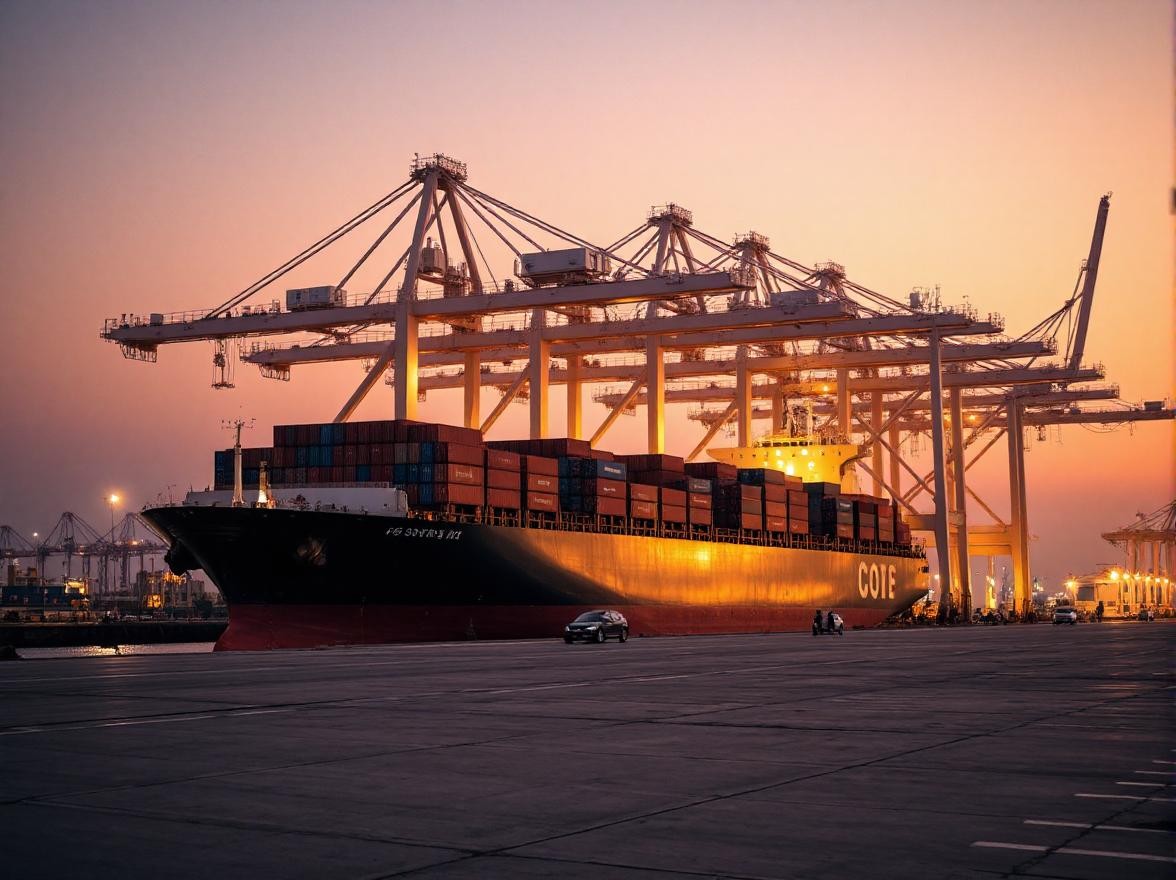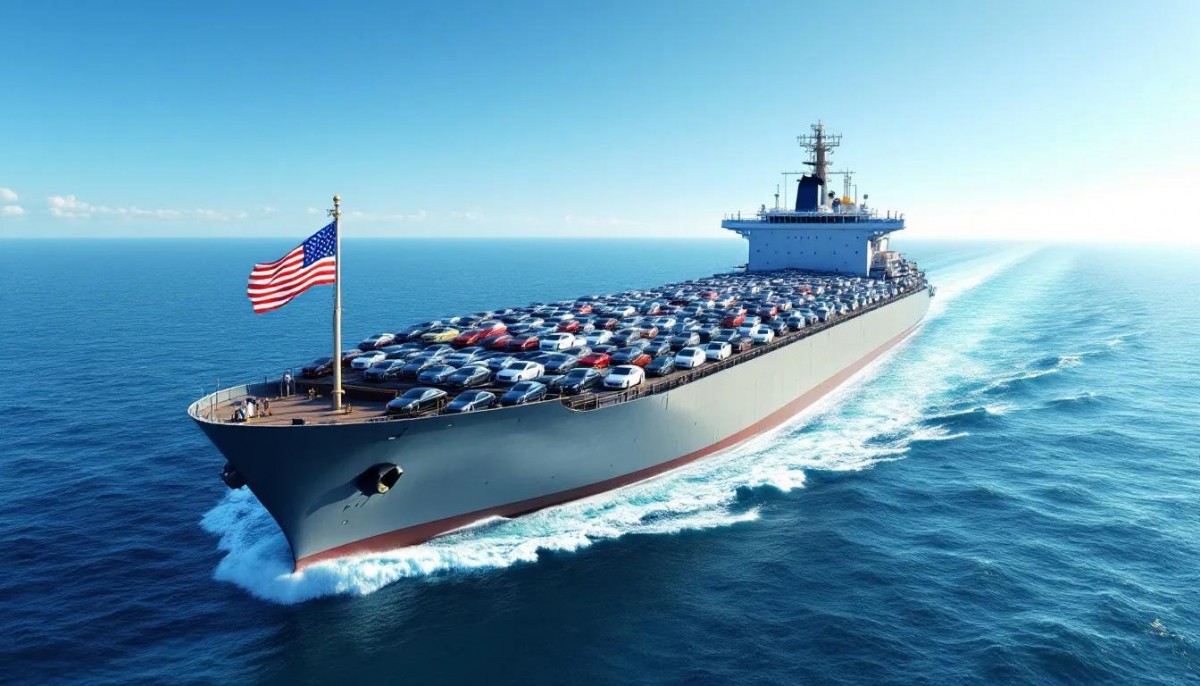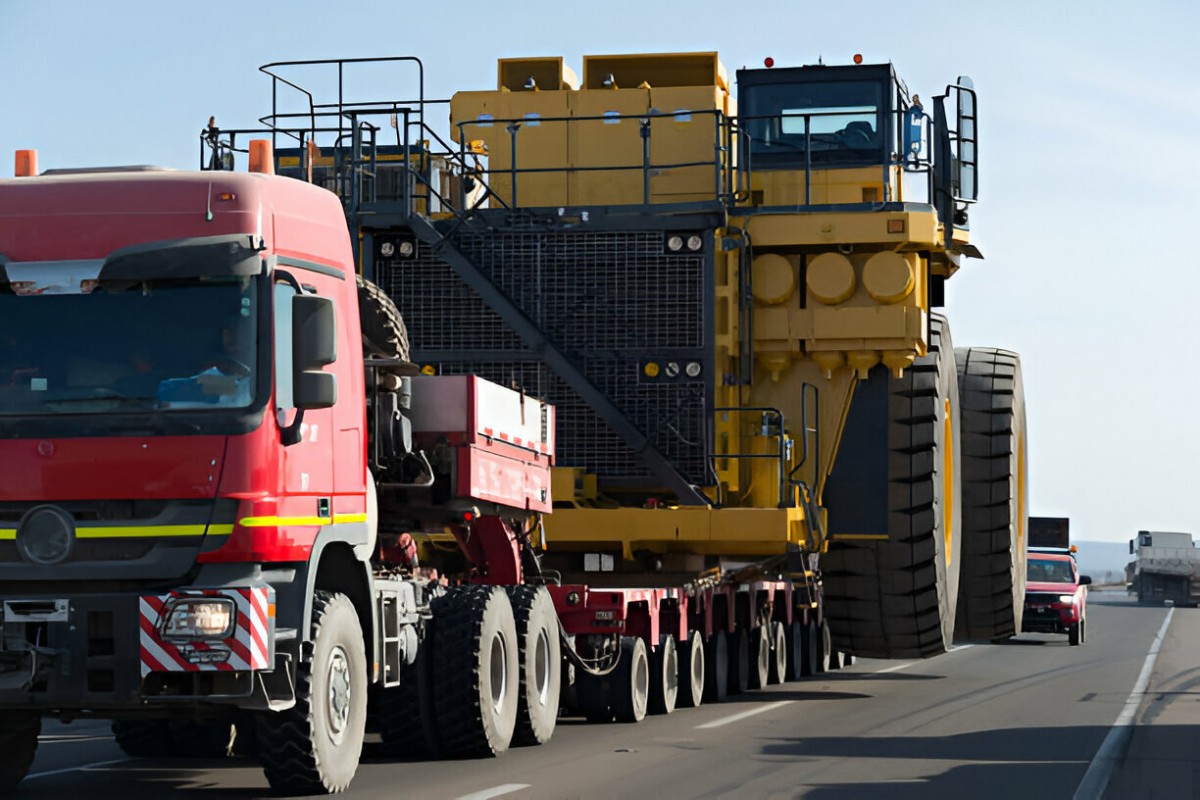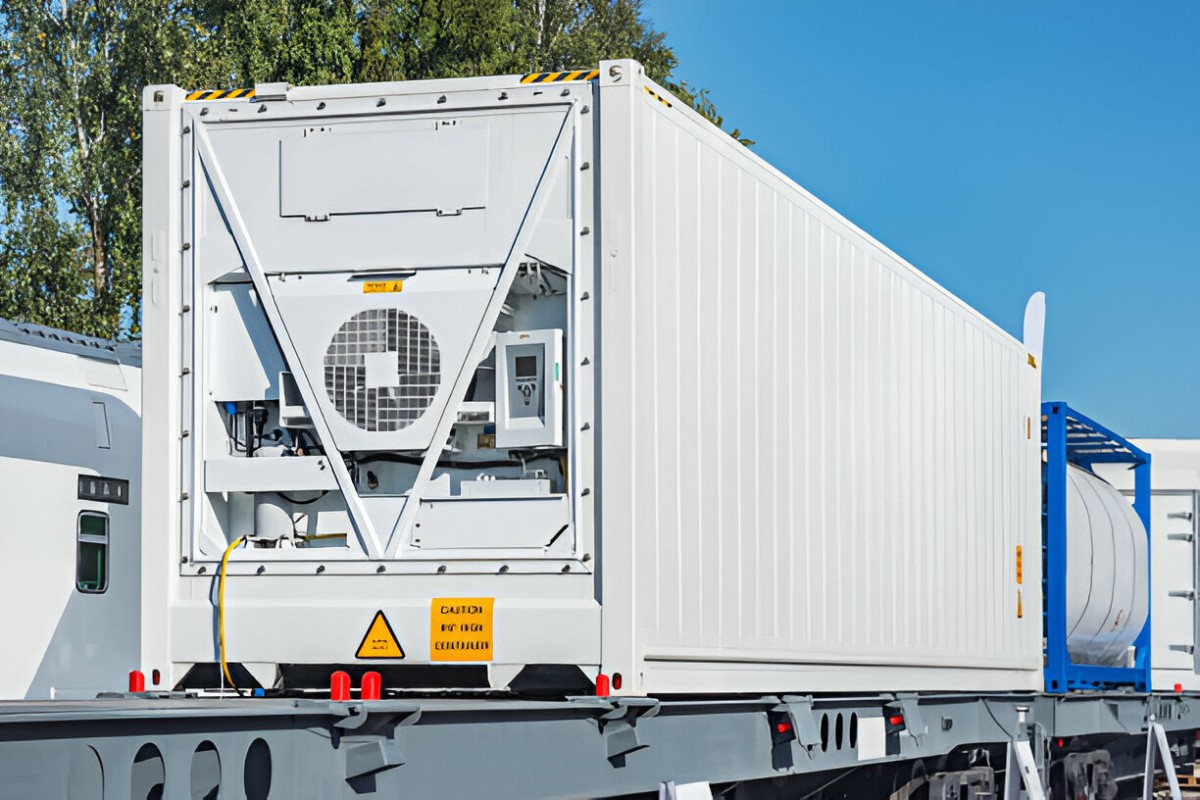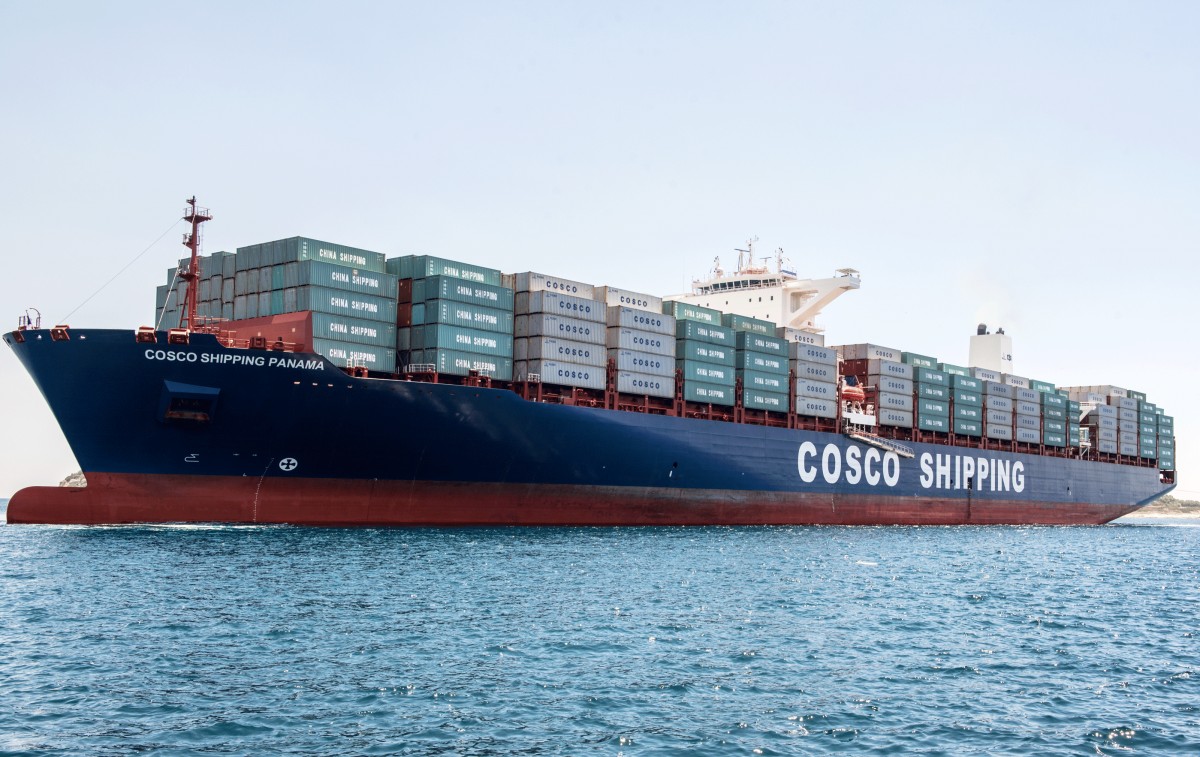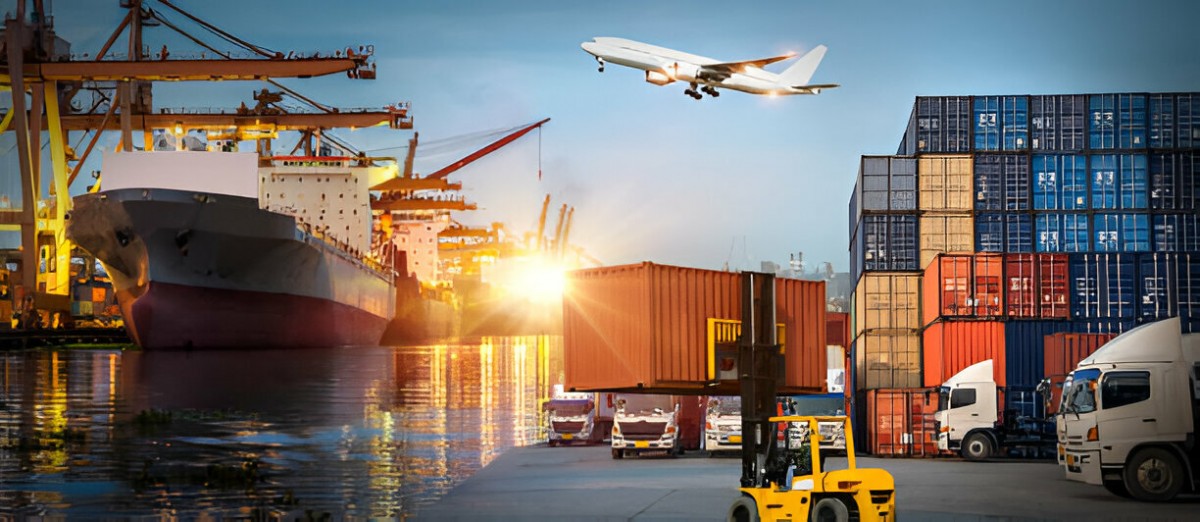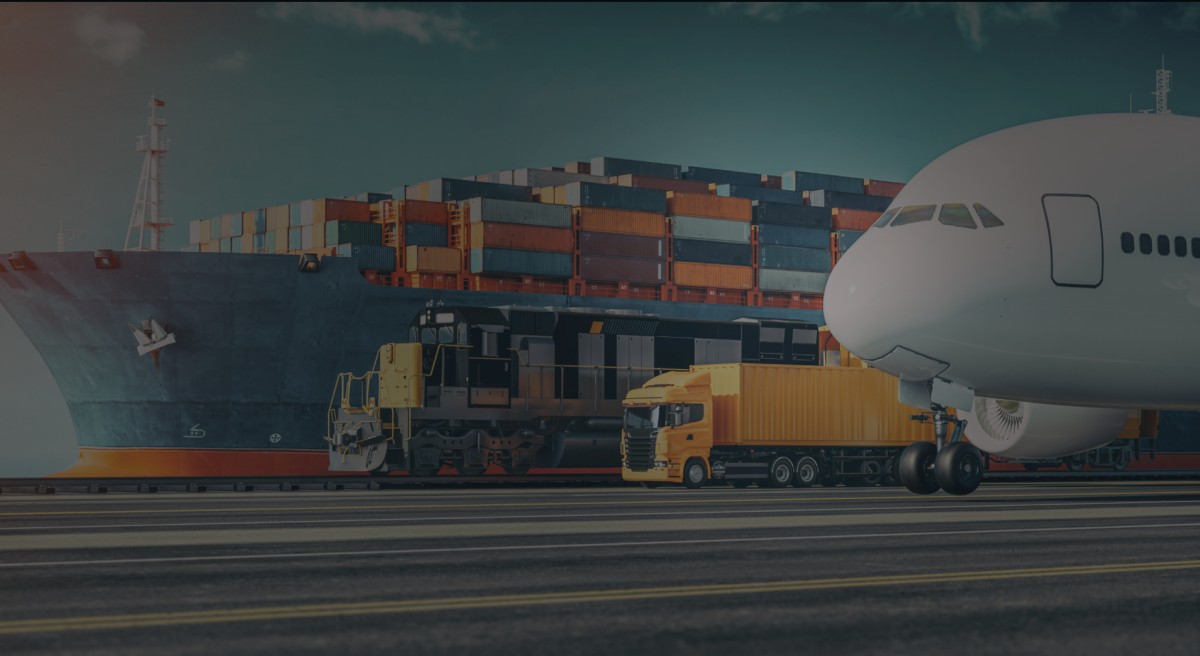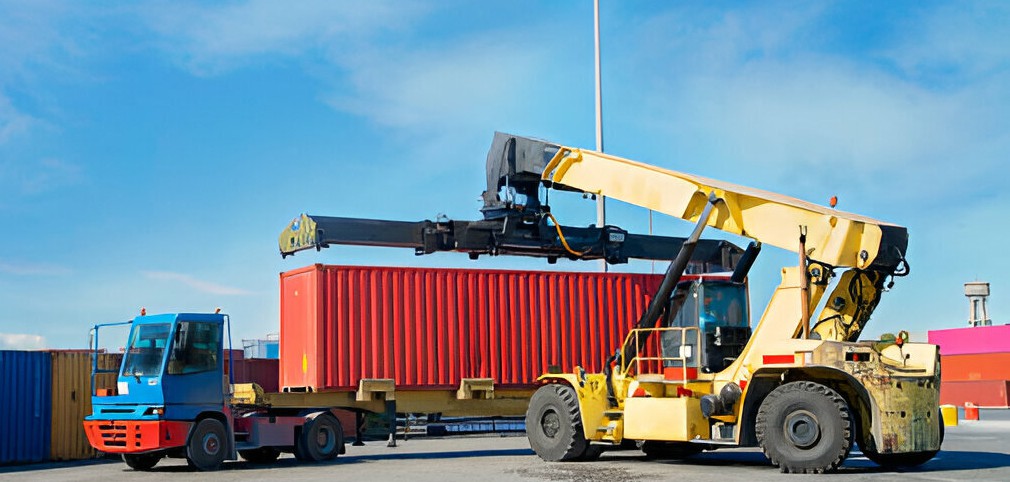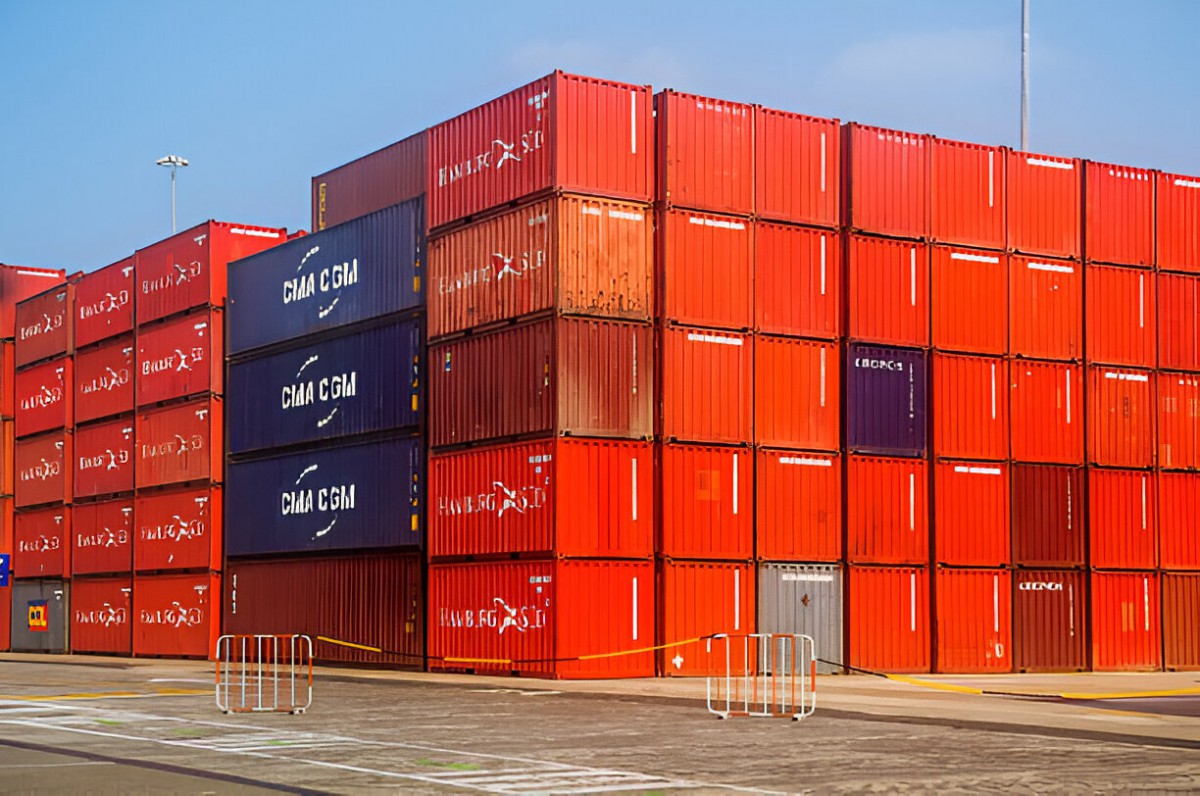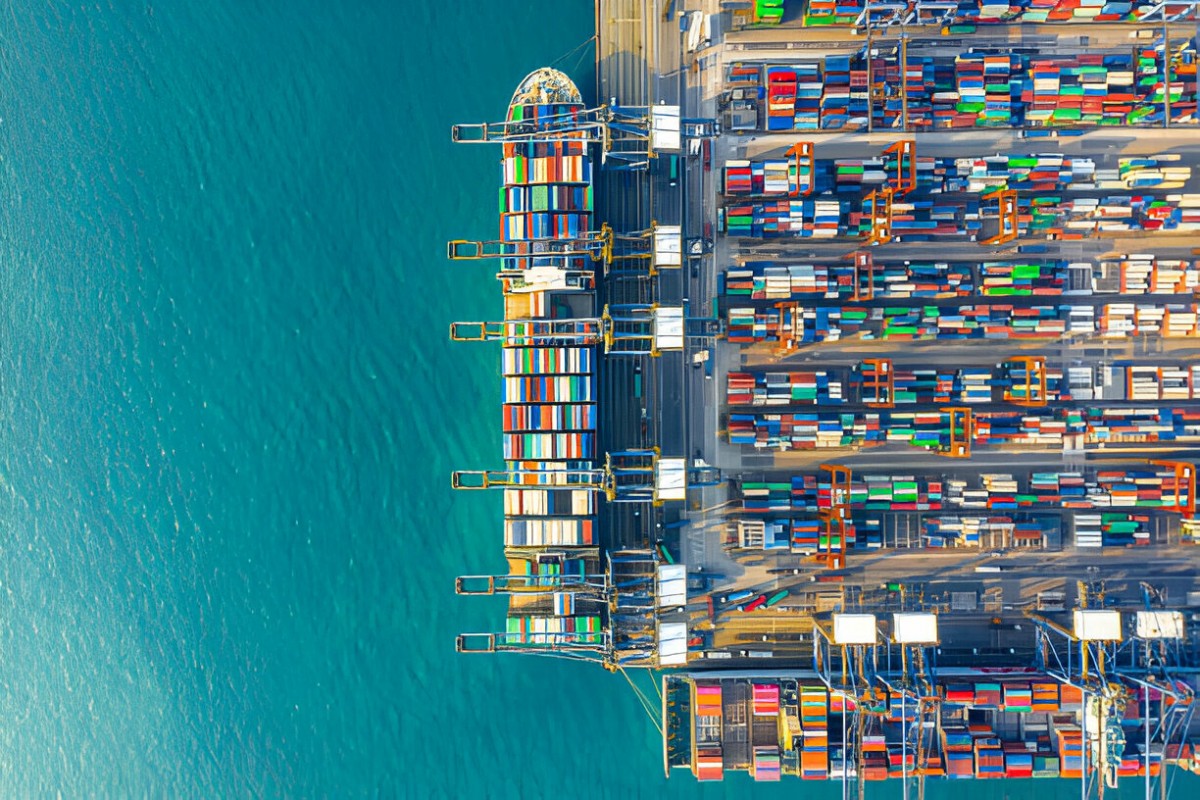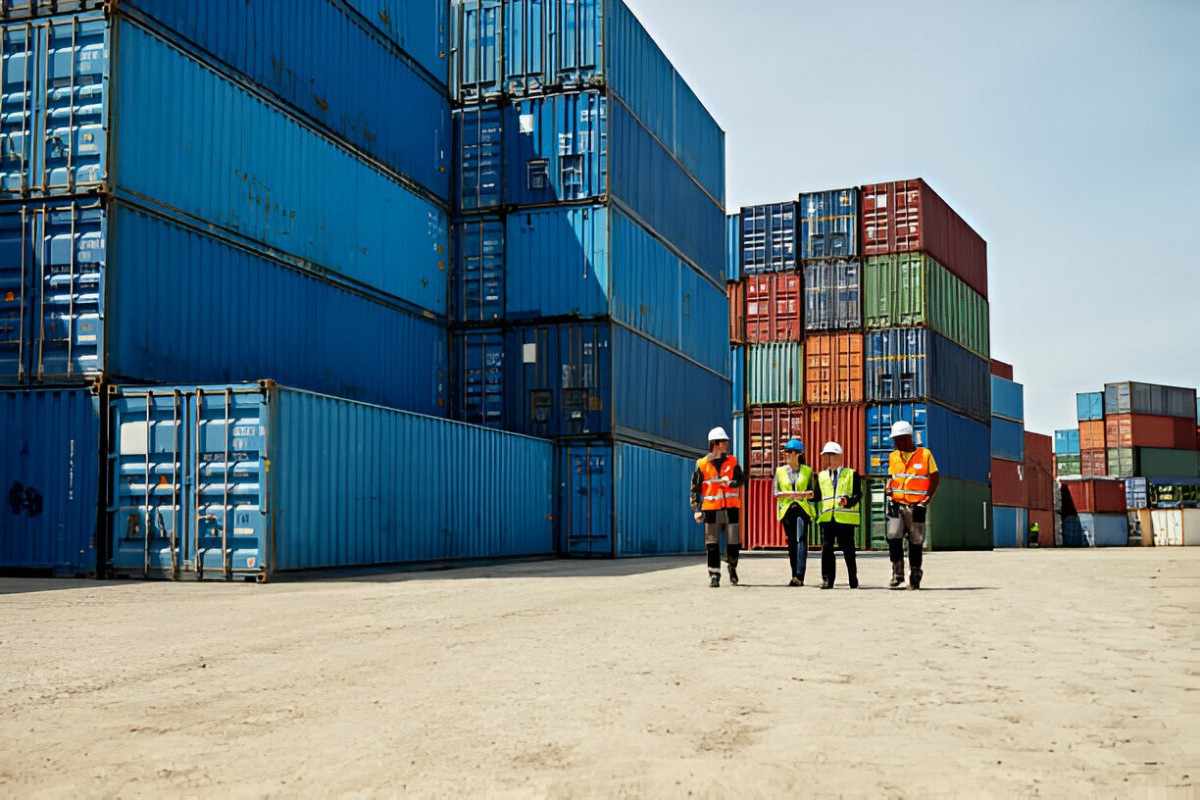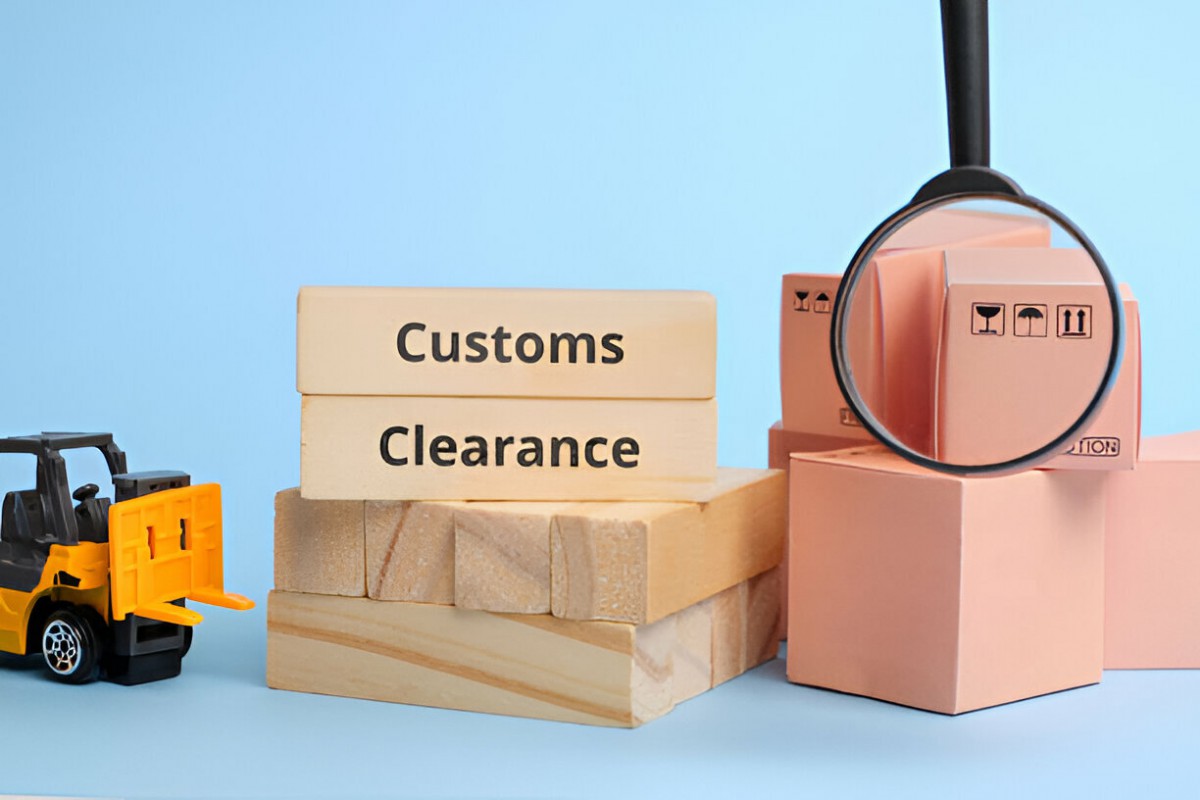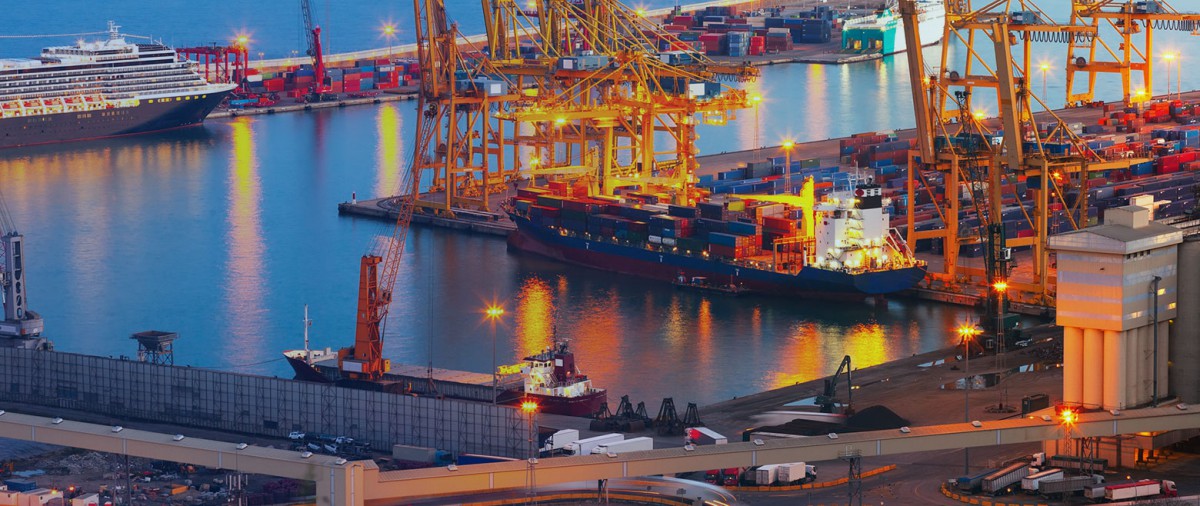In the world of shipping and logistics, there are many terms that might seem confusing to newcomers. One of these key terms is "freight forwarding." Freight forwarding refers to the process of coordinating and managing the transportation of goods from the point of origin to the final destination, and it can be done through various methods. In this article, we will explore the different types of freight forwarding and their applications. These explanations are designed to be optimized for SEO and are easily accessible for Google search.
What is the meaning of Freight Forwarding?
Freight forwarding refers to the process of coordinating and managing the transportation of goods from the point of origin to the final destination. This process includes selecting transportation methods (air, sea, land, or rail), handling customs documentation, insuring goods, storage, and overseeing various stages of the transport. Freight forwarders act as intermediaries between the shipper and the transport companies, with the main goal of ensuring that goods are transported quickly, safely, and cost-effectively.
1. Air Freight Forwarding
Air freight forwarding refers to the transportation of goods via airplane. This method is ideal for goods that need to be delivered quickly.
Features of Air Freight Forwarding:
- Fast Delivery: Air freight is the fastest method for sending goods, especially when time-sensitive delivery is required.
- High Security: Air transport is one of the safest methods, with stringent security checks in place.
- Suitable for Sensitive Goods: Air freight is ideal for valuable or sensitive items such as pharmaceuticals, electronics, clothing, and cosmetics.
Why Choose Air Freight Forwarding?
If you need to send goods quickly and your products are high-value or sensitive, air freight is the best choice. However, keep in mind that it is generally more expensive than other methods.
2. Sea Freight Forwarding
Sea freight forwarding involves shipping goods via ocean vessels. This method is most suitable for large, heavy, or bulky shipments.
Features of Sea Freight Forwarding:
- Lower Costs: Sea freight is typically more affordable than air freight and is a better option for goods where time is not as critical.
- High Capacity: This method can handle large volumes of goods, making it ideal for businesses shipping bulky or heavy items.
- Suitable for Large Shipments: Goods like heavy machinery, industrial parts, and raw materials are often transported via sea freight.
Why Choose Sea Freight Forwarding?
If you're looking to reduce costs and your shipment is large or heavy, sea freight is a more economical choice. It’s perfect when time is not a major concern.
3. Land Freight Forwarding
Land freight forwarding refers to the transportation of goods via road or rail. This method is widely used for domestic shipments or those between neighboring countries.
Features of Land Freight Forwarding:
- High Flexibility: Land transport offers high flexibility because of the extensive network of roadways and railways available.
- Moderate Cost: The costs of land transportation are typically lower than air and sea freight.
- Suitable for Small to Medium-Sized Shipments: This method works well for goods that do not require the large capacity of sea freight or the urgency of air freight.
Why Choose Land Freight Forwarding?
If your destination is nearby or you are shipping small to medium-sized goods that don’t require fast delivery, land freight is a great option for reducing costs.
4. Multimodal Freight Forwarding
Multimodal freight forwarding refers to the use of multiple transportation methods, such as combining air, sea, and land transport. This method is useful for shipments that require more than one mode of transportation to reach their final destination.
Features of Multimodal Freight Forwarding:
- Cost Efficiency: Combining different methods can reduce costs and provide a more efficient shipping solution.
- Global Applicability: This method is suitable for international shipments that need multiple transport modes.
- Suitable for Complex Shipments: Multimodal freight forwarding is ideal for shipments that need to be transferred through multiple points.
Why Choose Multimodal Freight Forwarding?
If your shipment needs to be transferred through several transport methods or you are shipping to a destination with complex requirements, multimodal freight forwarding is the best solution.
5. Private Freight Forwarding
Private freight forwarding refers to the practice of a company managing its own freight forwarding services, typically for handling large volumes of shipments.
Features of Private Freight Forwarding:
- Complete Control: Companies can have full control over their transportation process.
- Customized Services: Services can be tailored specifically to meet the needs of the company.
- Suitable for Large Businesses: This method is perfect for businesses with large, ongoing transportation needs.
Why Choose Private Freight Forwarding?
If you are a large business with high shipping volumes and need more control over the shipping process, private freight forwarding is an excellent choice.
When choosing a freight forwarding method, it’s important to consider your specific needs. Air freight is ideal for fast and secure delivery of sensitive goods, sea freight is perfect for large or heavy shipments at lower costs, land freight is a good choice for domestic shipments or smaller loads, multimodal freight provides a solution for complex shipping requirements, and private freight forwarding is perfect for businesses with high shipping volumes. By selecting the right type of freight forwarding, you can ensure your shipments are handled efficiently and effectively.


